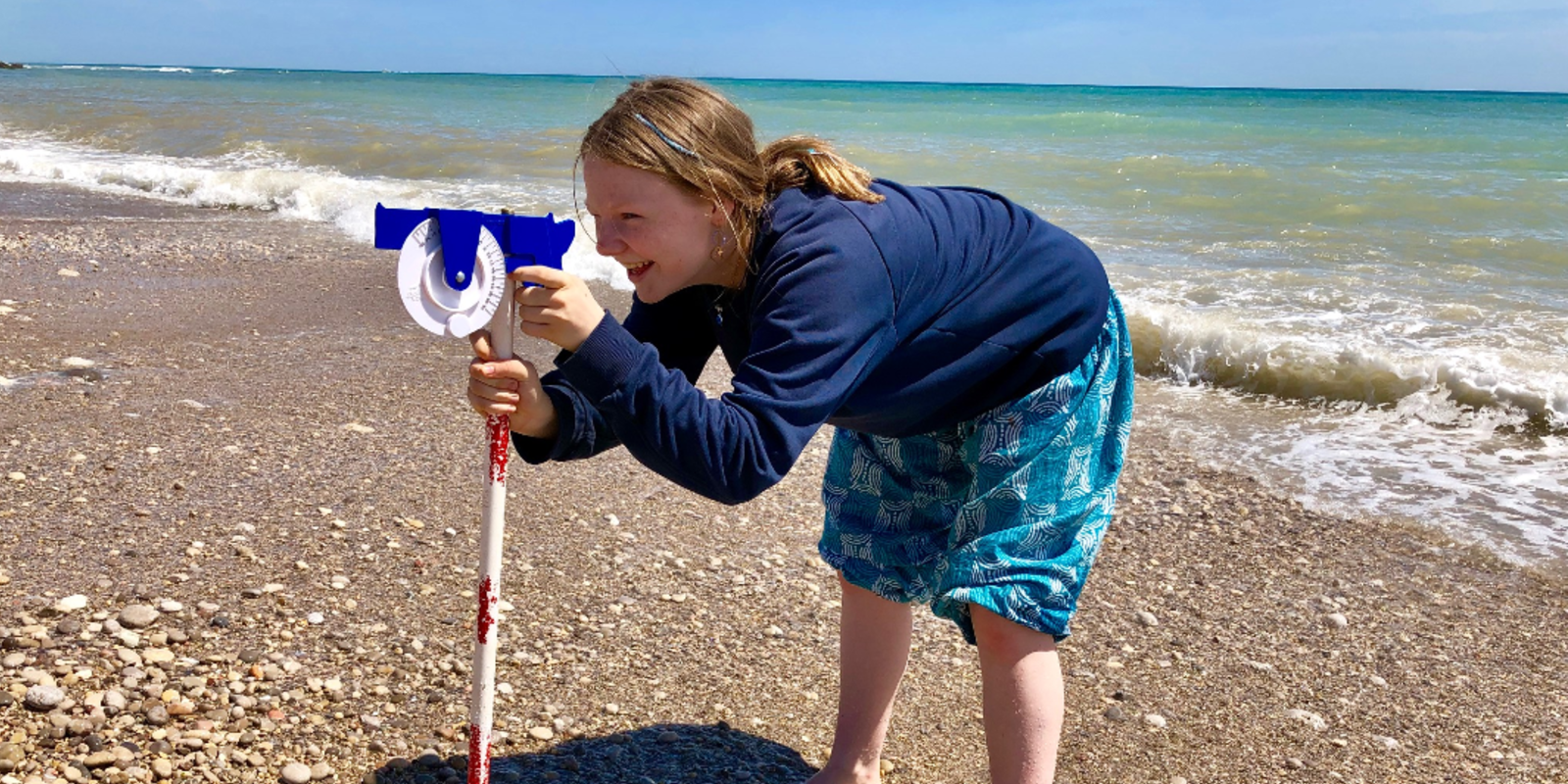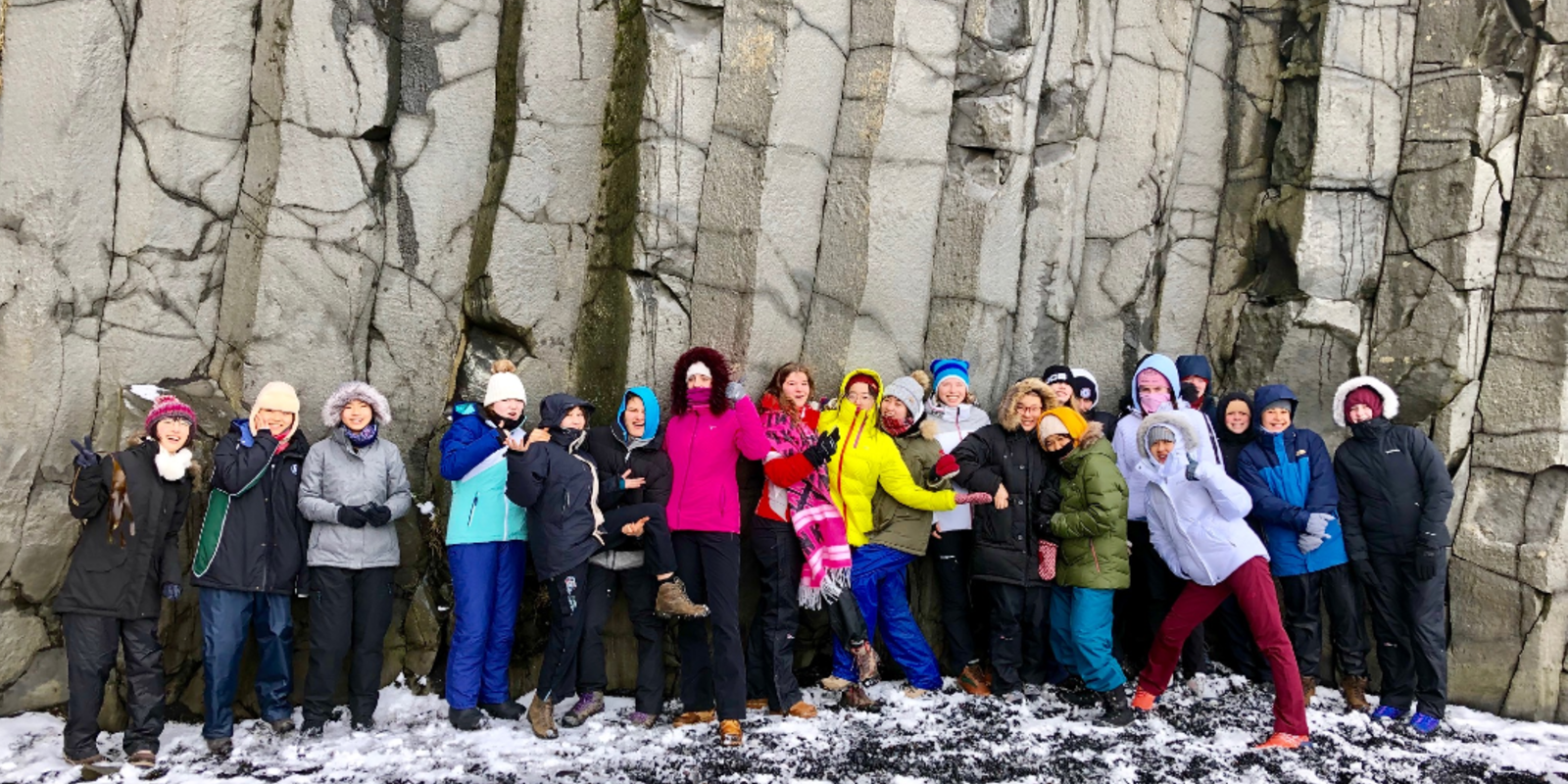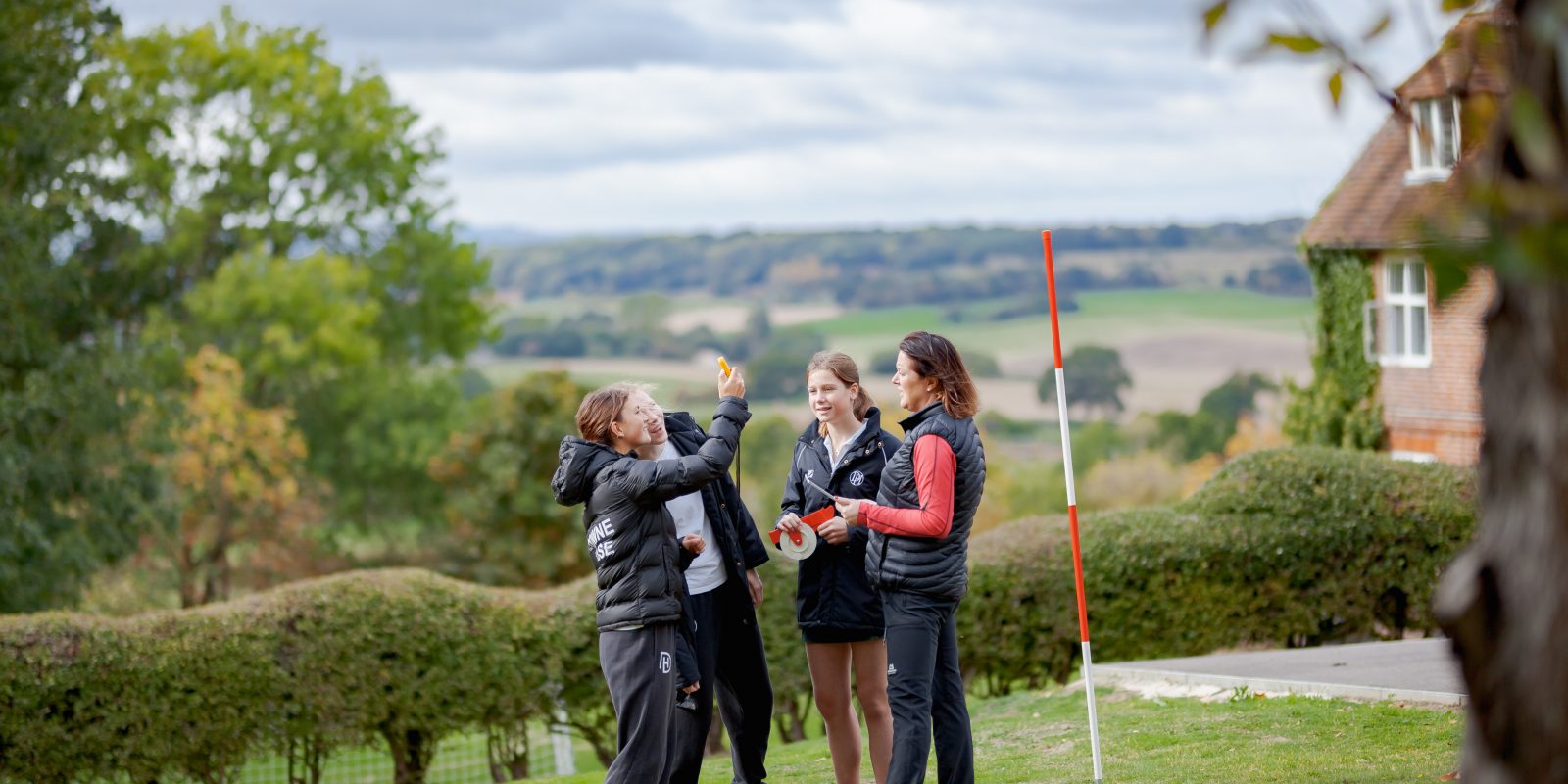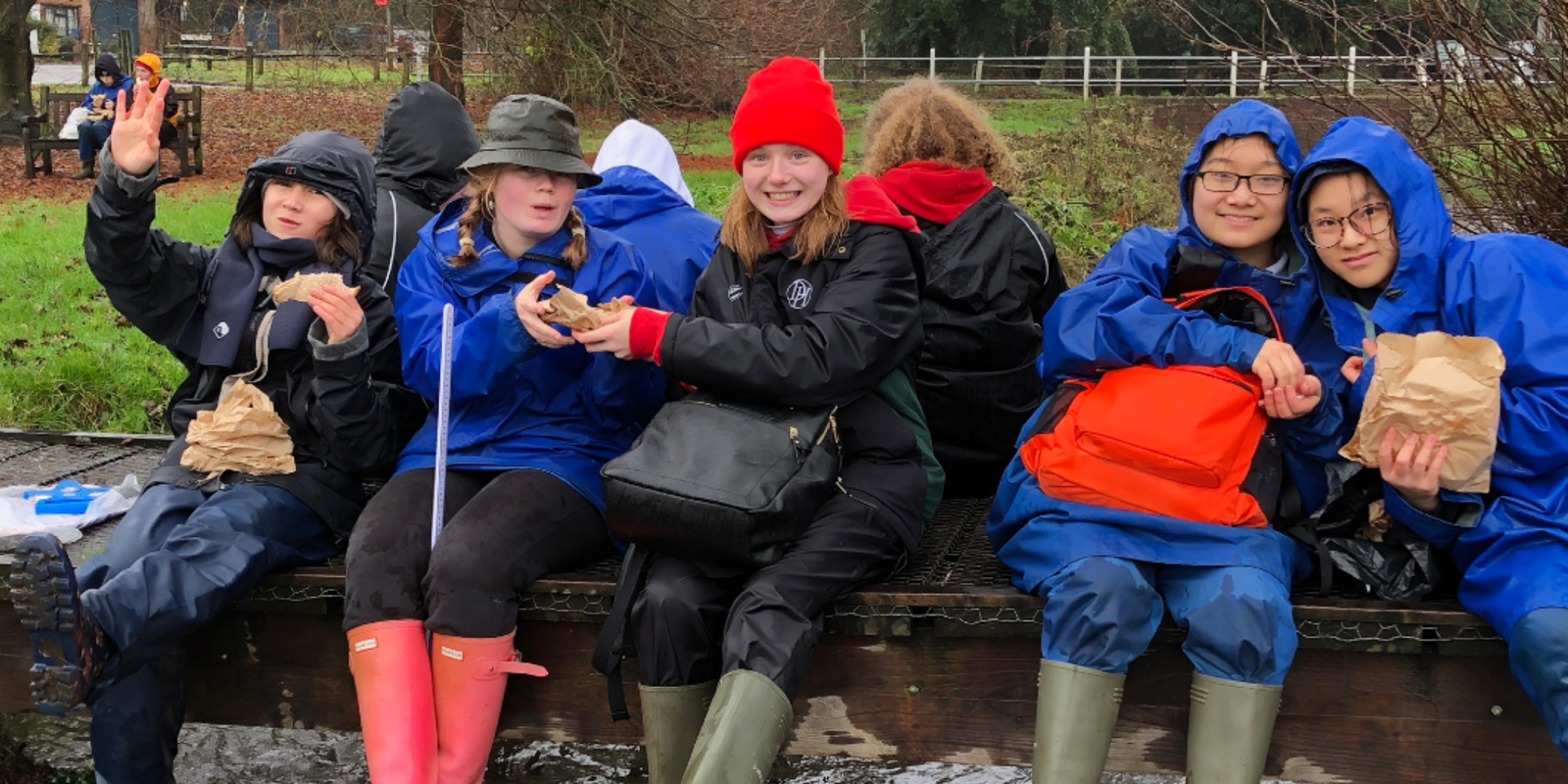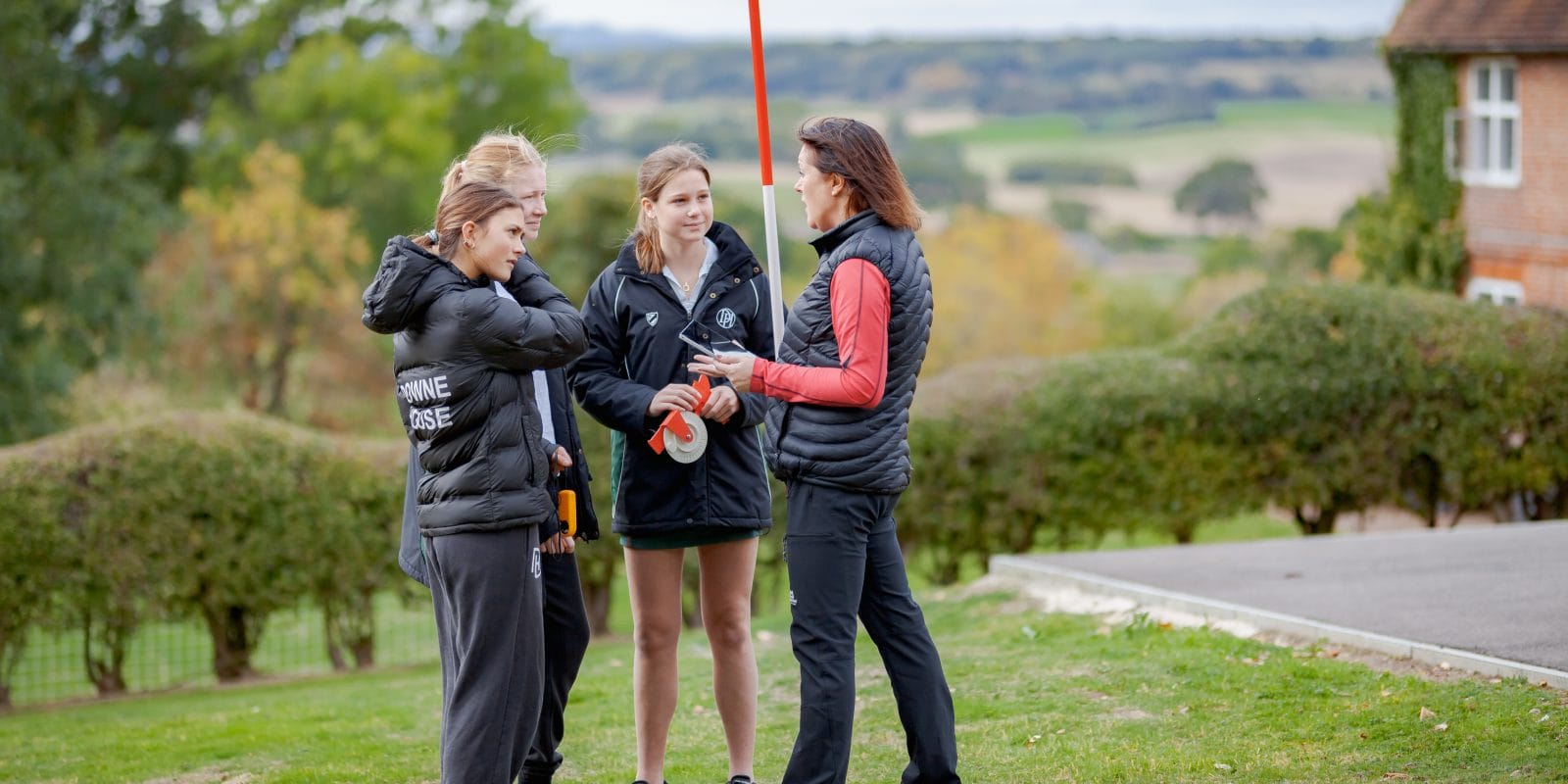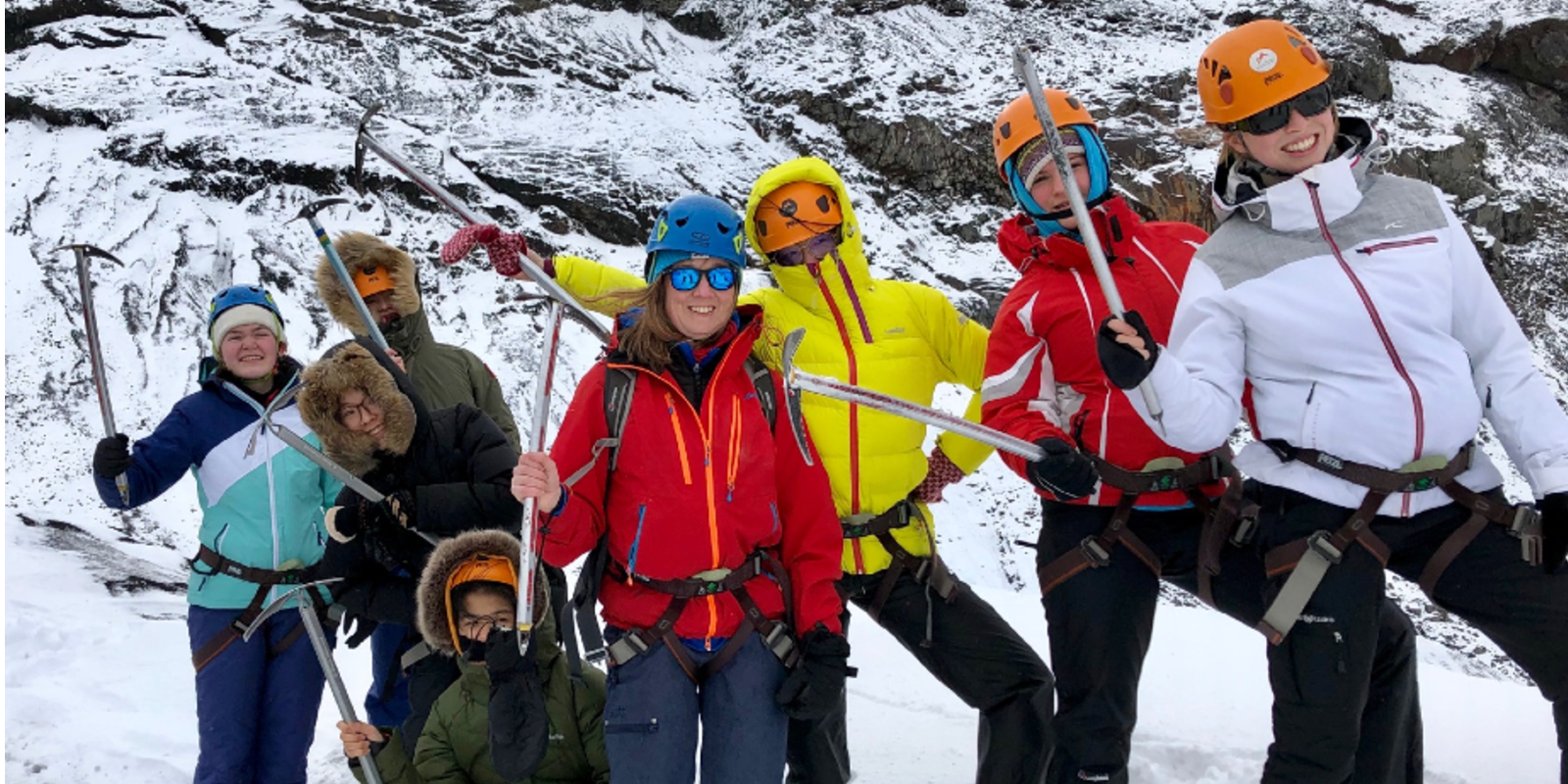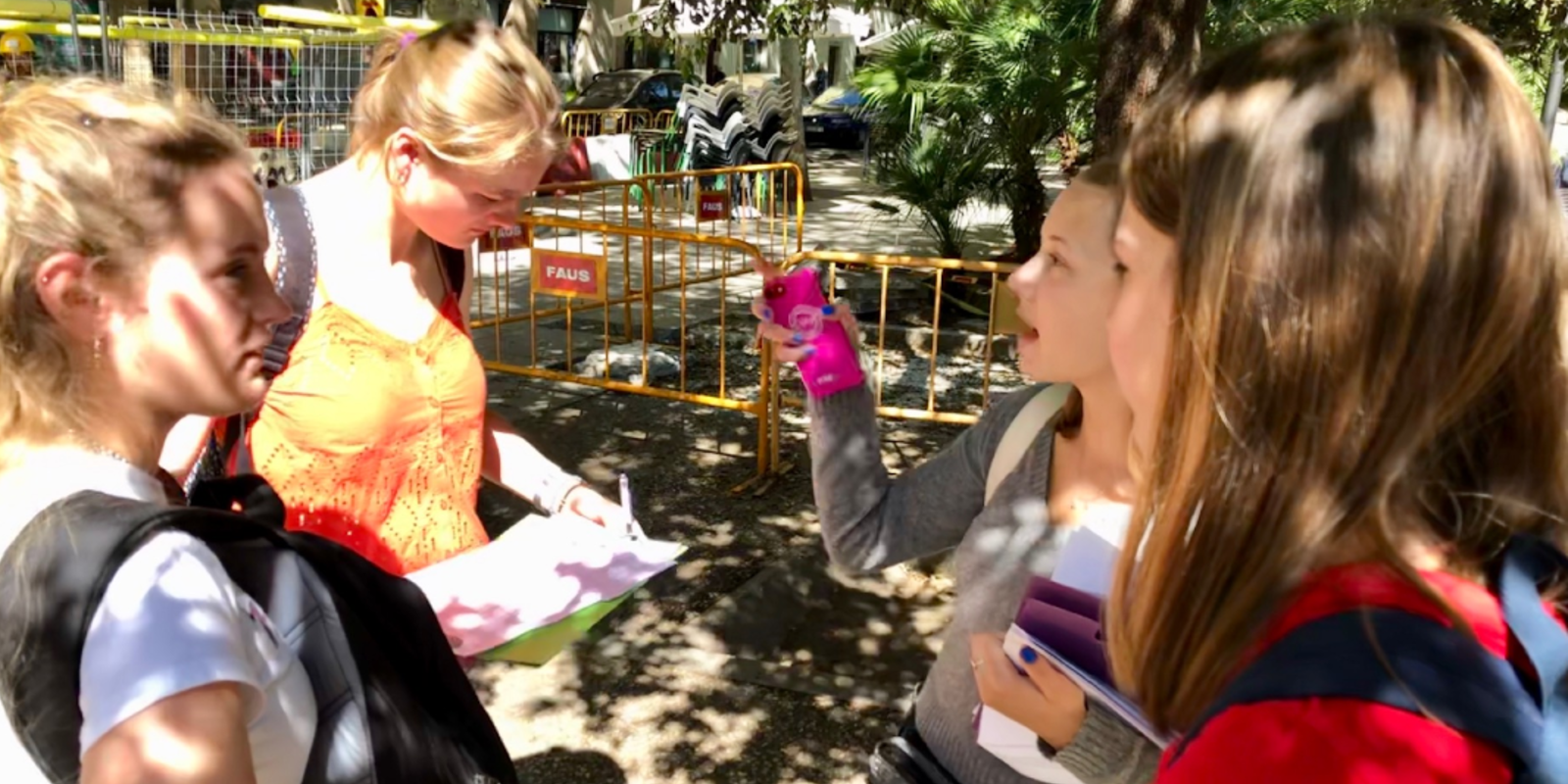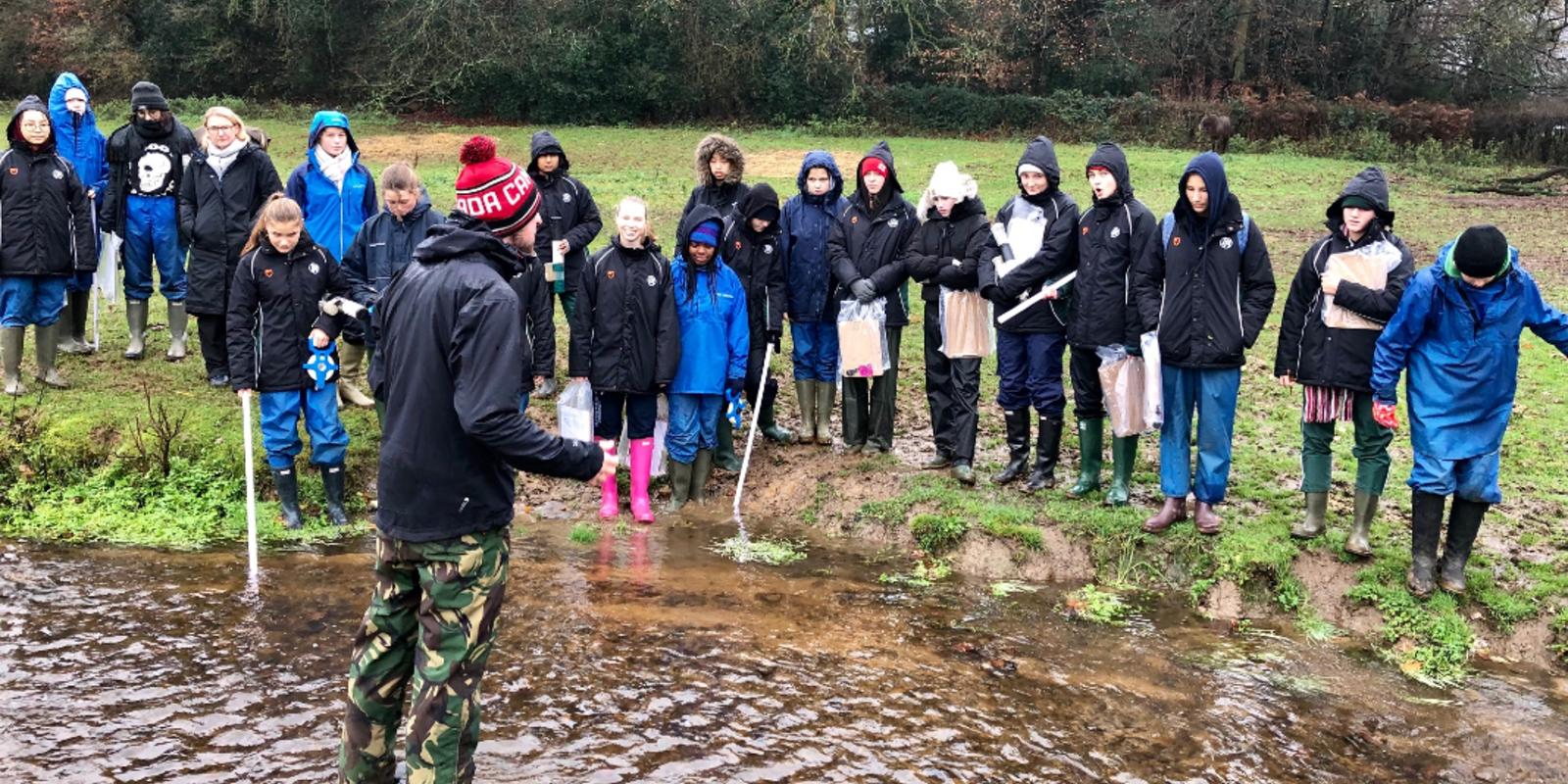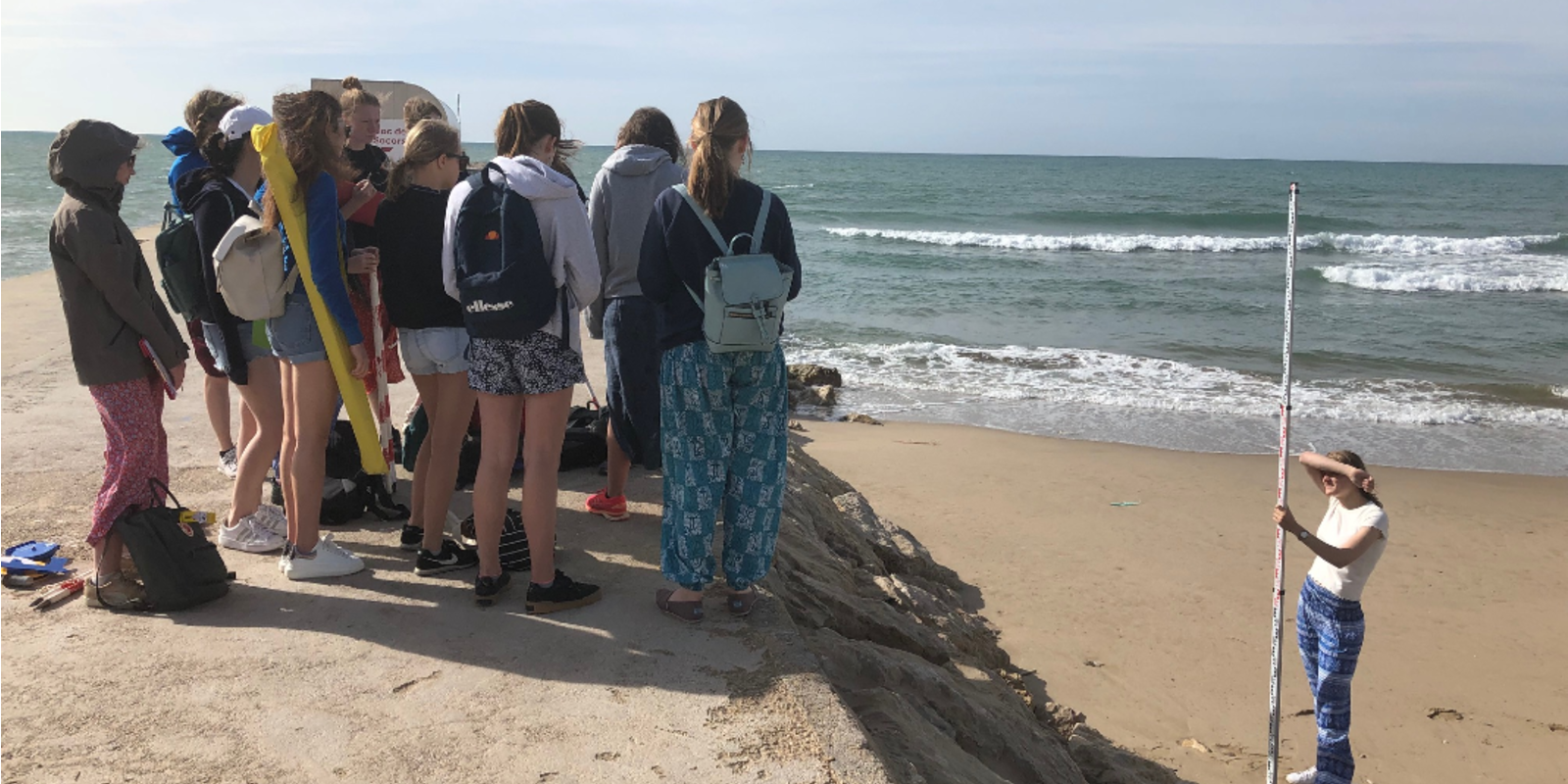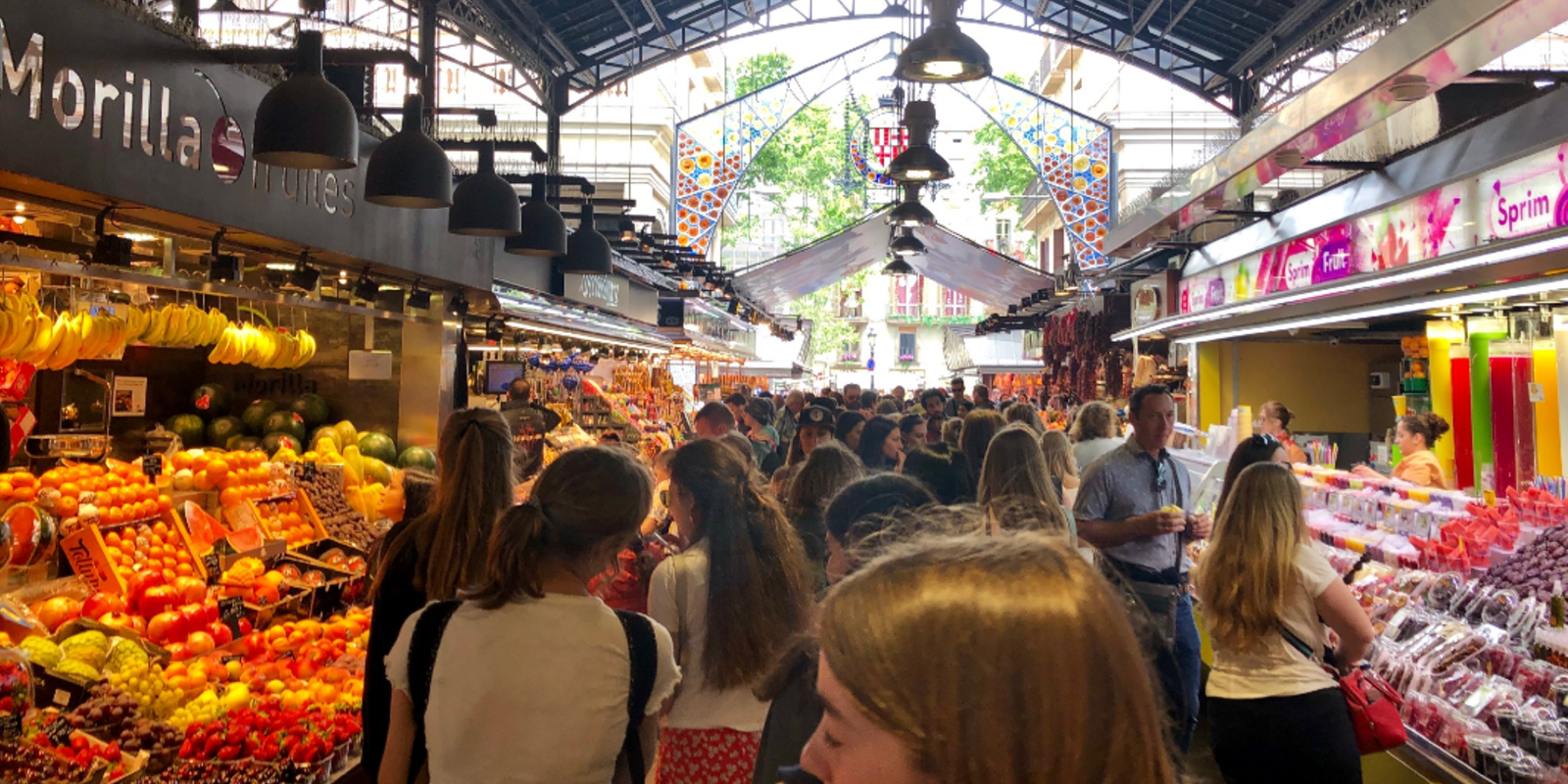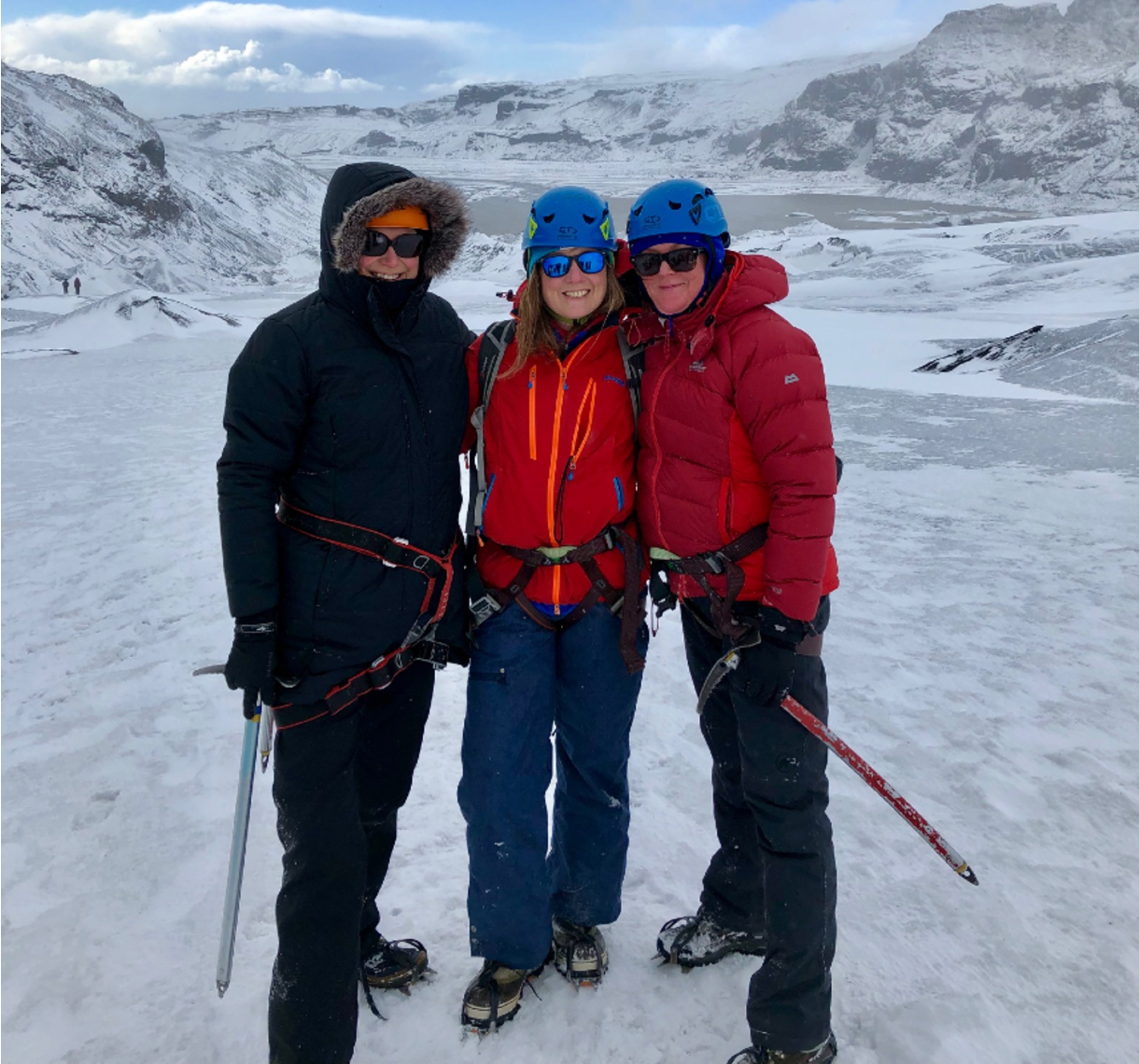

Head of Department: Miss Kathryn Rawlinson
Geography is a compulsory part of the curriculum for girls in Remove (Year 7) to Upper Fourth (Year 9), after which it proves to be a very popular subject to follow at GCSE and A level, due in part to the specialist teaching, breadth of topics covered and the opportunities for exciting fieldwork trips.
Lower School curriculum
After an introduction to the subject in the first term of Remove, we explore human and physical issues in the UK including settlement and flooding. Throughout the Remove year, we build up the pupils’ geographical skills in map reading, graphicacy and numeracy.
In the Lower Fourth, we take a more systems-based approach and look at complex global issues including collapsing coastlines, population and migration. Girls look at issues from a range of perspectives in order to understand different opinions and how these can lead to conflict.
The Upper Fourth begin their GCSE studies with the topic of ecosystems, including tropical rain forests and cold environments. We also investigate the changing economic world with a focus on case studies of places with contrasting levels of development.
Upper School curriculum
A balance of physical, environmental and human themes is taken further by pupils choosing to continue with Geography at GCSE. We have chosen to follow the latest AQA GCSE specification. Students in Lower Fifth study UK Landscapes, through the Rivers and Coasts options. They then move on to look at Urban Issues, where they investigate challenges facing urban dwellers and planners around the world. We finish the Lower Fifth with the Managing Resources topic, where pupils focus on the importance of conserving resources, with a particular emphasis on water management.
The Upper Fifth commence the year with the exciting topic, Hazardous Earth. In addition to Earthquakes and Volcanoes, pupils also look at the challenges that extreme weather creates.
The girls take part in a two-day residential trip where they learn essential geographical fieldwork skills at an FSC Field Centre. This is to prepare them for their Paper 3 fieldwork paper.
Sixth Form curriculum
In the Sixth Form, we follow the OCR Geography A Level course which provides a very good foundation for university. We begin in the Lower Sixth with Changing Places Making Spaces which is largely a study of urban environments and how humans interact with them. Students also study Coastal Landscapes and Natural Hazards. While in the Lower Sixth, the girls take part in a four-day residential field trip, in order to prepare for their Non-Examined Assessment (NEA). This project is devised by themselves and can be based on any area of the Geography curriculum that interests them. Our most recent field trips have been to Barcelona, where we have partnered with the Barcelona Field Studies Centre to create a bespoke field trip, that ensures the girls are fully prepared for their NEA which is worth 20% of their A Level.
Upper Sixth girls are given time to complete their NEA in class alongside lessons in the Geography of Health and Earth’s Life Support Systems. Earth’s Life Support Systems focuses on the importance of the Carbon and Water Cycle in Global Systems; while the Geography of Health looks at global patterns of disease and the issues presented by contagious and non-contagious diseases.
Geography enrichment
Fieldwork is an important part of Geography. The Geography Department has made sure that each year group has a chance to experience high quality fieldwork. GCSE pupils will visit Juniper Hall, a Field Studies Council Centre, in order to prepare for their fieldwork paper.
Our A Level pupils head to Barcelona to investigate coastal erosion and urban regeneration as a key part of their studies.
As well as this academic fieldwork, our geographers also have the opportunity to travel to Iceland, Costa Rica and Naples as part of optional curriculum enhancement trips.
The Geography Department is very pleased that an increasing number of girls are choosing degree courses in geography and closely related disciplines each year.
Any further information you require about the teaching and learning of geography may be obtained by contacting the Head of Department, Miss Kathryn Rawlinson.

Meet the Geography Department
Kathryn Rawlinson – Head of Department
BSc Hons Environmental Science – University of Stirling
MSc Marine Resource Development and Protection – Heriot-Watt University, Edinburgh
PGCE – Geography Teaching – Manchester University
Diploma in NLP
Kathryn moved to Downe House in September 2014 from Bolton in Lancashire and became Head of Geography in March 2015. Prior to working at Downe House she had been Head of Geography for eight years at a large secondary school in Oldham.
Kathryn became a teacher in 2001 after working in industry for several years. She worked in the water industry for North West Water and the Environment Agency before moving to work in environmental consultancy for the oil industry. Here her jobs included conducting marine surveys of oil rigs and other offshore installations. Kathryn’s favourite job was working on improving the penguin pool at Edinburgh Zoo, where she got to dive with the penguins!
Kathryn’s interests include scuba diving (she loves diving with sharks and has travelled all over the world), open water swimming, kayaking, walking and mountain biking. Her favourite place in the UK is the Lake District, where she enjoys being in the mountains in her home in the North-West of England.
Tours & Open Mornings
The best way to find out more about Downe House is to experience it for yourself. Book a personal tour or join us at one of our Open Mornings, available throughout the year.
Discover